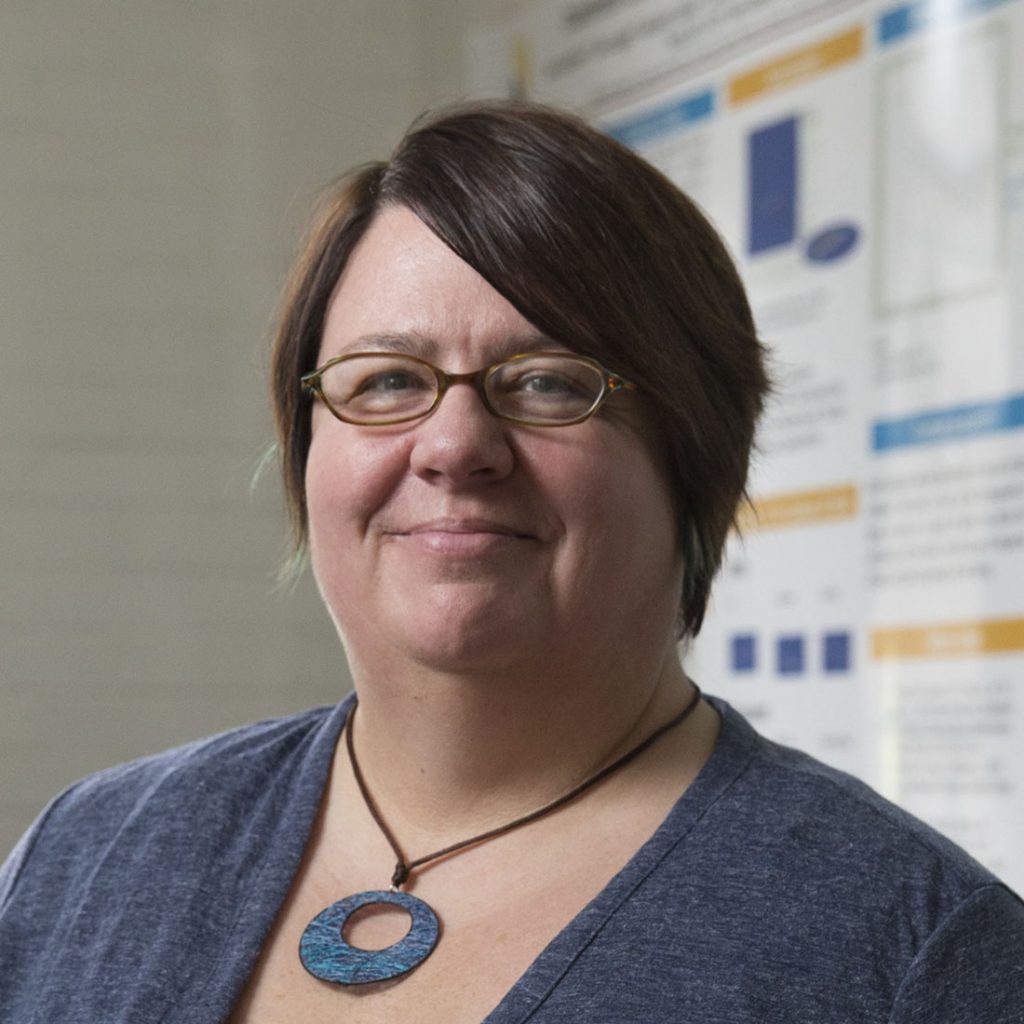PHYS 3301 - Differential Equations for Scientists and Engineers
Course Description
Introduction to ordinary and partial differential equations.
Topics include first order equations, mathematical modeling, qualitative methods (slope fields, phase plots, equilibria, and stability), numerical methods, second an higher order equations, series solutions, Laplace transforms, Fourier series, and systems of linear differential equations. Course also covers partial differential equations, such as the heat equations, the wave equations, and Laplace’s equation.
Dates:
Summer A: May 27 – Jul 2, 2025
Summer B: Jul 14 – Aug 15, 2025
Department: Physics
Course: PHYS 3301
Credit Hours: 4
In most instances, this 4-credit course will transfer to fulfill either a 4-credit or 3-credit requirement at another institution. Please check with your home institution to see if this course fulfills your requirements.
Prerequisites:
MATH 1150 or equivalent (Calculus 2).
Tuition & Fees:
$1,500 tuition
Textbooks and other course materials can be purchased separately from the source of your choosing.
Your Instructor

Katrin SchenkAssociate Professor of Physics
B.S., University of California at Los Angeles; M.S., Ph.D., Cornell University
Katrin has a Ph.D. in theoretical physics from Cornell University and now does computational neuroscience/ethology research. She received her training in computational neuroscience during her tenure as a Sloan-Swartz Postdoctoral Fellow in Computational Neuroscience at the University of California, San Francisco.
Her research is focused on understanding the underlying dynamics of animal behavior and how knowledge of these dynamics can inform us about the effects of disease processes and environmental and/or genetic perturbations. Her research makes use of real behavioral data taken by collaborators in the fields of psychiatry, physiology, neurology, neuroscience and medicine and her main plans involve long term collaborations with experimentalists in the fields of geriatrics, psychiatry, and physiology.
She came to Randolph College because she is passionate about involving undergraduates in original research and because Randolph College’s high faculty to student ratio, flexible administration, and committed science faculty make it an ideal environment for fostering collaborations with undergraduates.